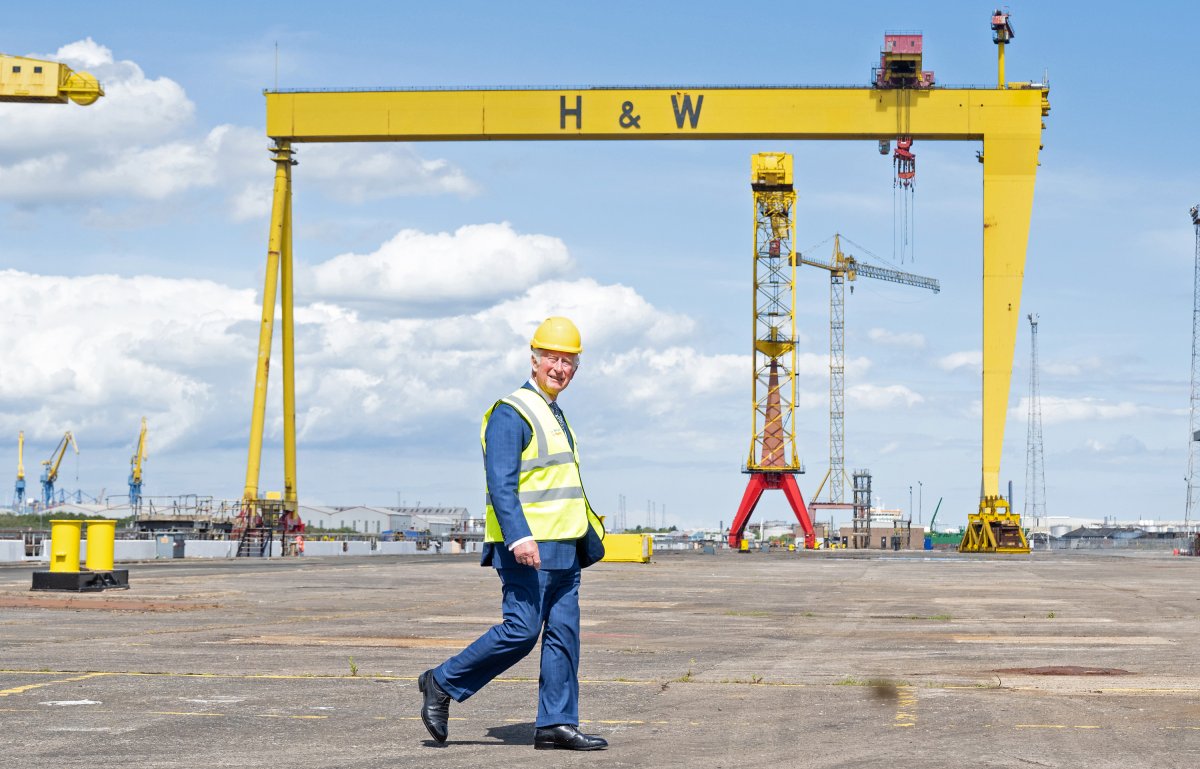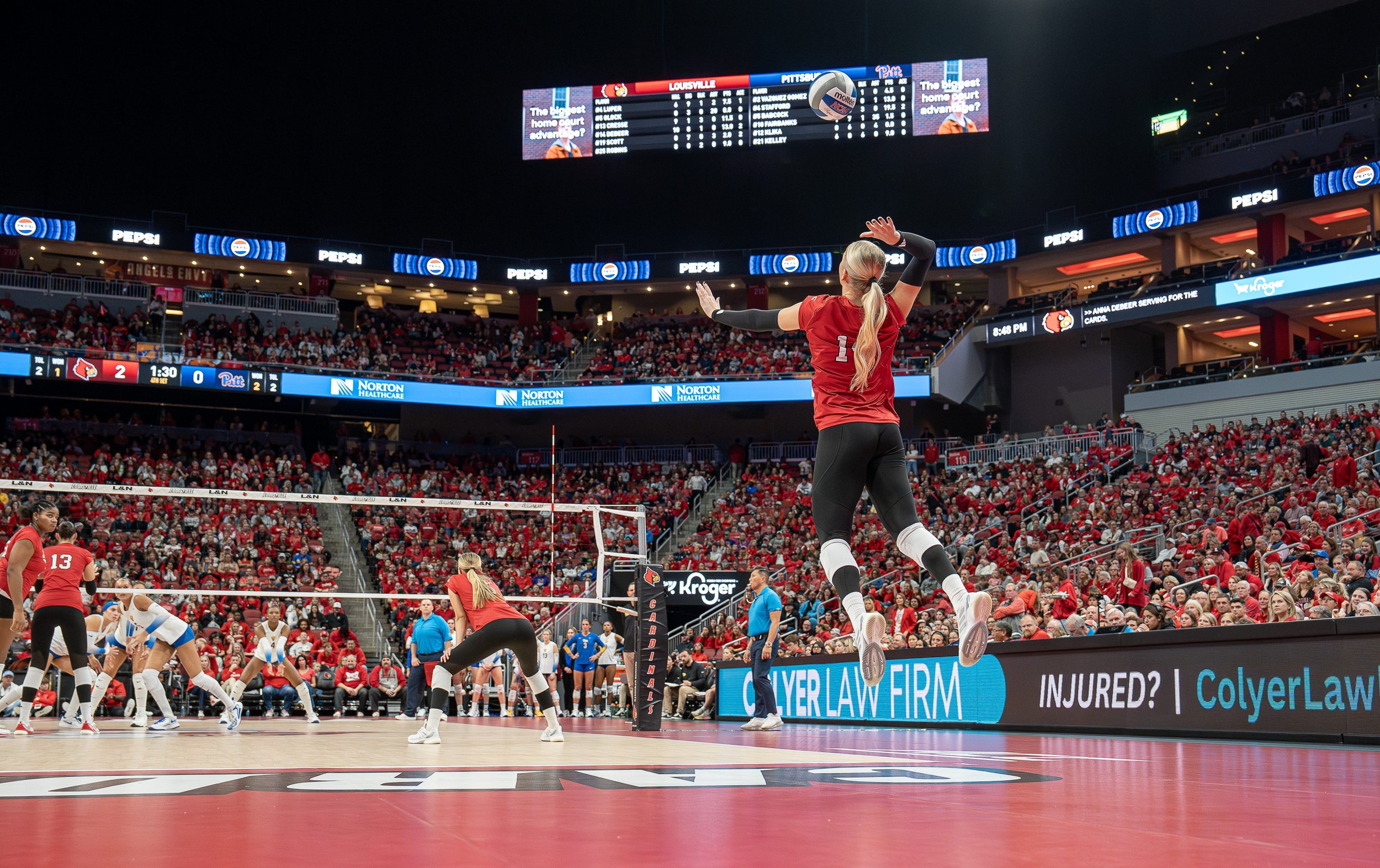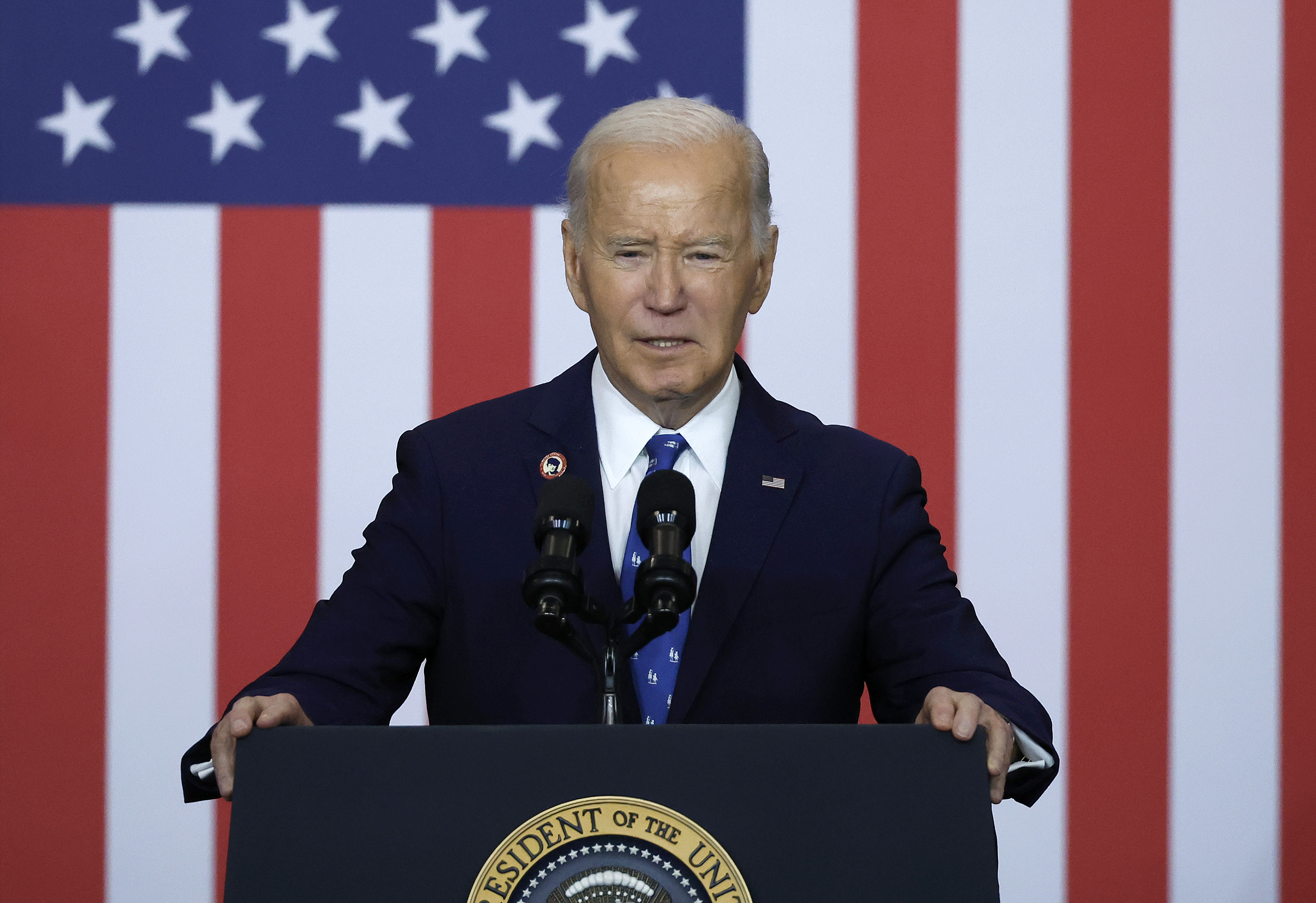What's New
Spain's state-owned Navantia has reached an agreement to acquire Harland & Wolff, the iconic Belfast-based shipyard known for building the Titanic.
The deal, subject to regulatory approval, secures the future of the storied shipbuilder and its operations across the United Kingdom.
Newsweek has contacted Navantia for comment via email.
Why It Matters
This acquisition represents a strategic move that bolsters the UK's defense capabilities while safeguarding jobs in regions heavily reliant on shipyard work.
The deal is also significant for the EU-UK relationship post-Brexit, as it symbolizes deeper industrial cooperation in defense and maritime sectors. With the shipyards now integrated into Navantia's operations, the move could position the company to compete for future UK contracts, including multi-role support ships for the country's defense operations.

What to Know
Navantia has agreed to purchase Harland & Wolff for a reported £70 million, though official financial details remain undisclosed.
Their acquisition will rescue Harland & Wolff from its financial woes, preserving approximately 1,000 jobs at its four shipyards: Belfast in Northern Ireland, Methil and Arnish in Scotland, and Appledore in England.
The deal, announced on Dec. 19, follows months of discussions and marks a critical moment for the UK's shipbuilding industry, which has seen a decline in recent years.
Harland & Wolff entered administration in September, its second financial collapse in five years, due to mounting debts and increased operating costs. The purchase also aligns with Navantia's existing work as the lead contractor in a £1.6 billion contract to build Fleet Solid Support (FSS) ships for the UK's Royal Navy. For this reason it often draws the attention of Britain's political leaders and Royal Family, with visits over the years from King Charles III and former Conservative Prime Ministers Rishi Sunak and Liz Truss.
Business and Trade Secretary Jonathan Reynolds described the deal as "a major vote of confidence in the UK," emphasizing its potential to bring investment and growth to shipbuilding across the country.
Founded in 1861, Harland & Wolff has a storied history but has struggled to remain viable amid rising energy costs and limited new contracts. The company was first placed into administration in 2019, narrowly avoiding permanent closure after union-supported protests.

What People Are Saying
- Navantia said in a statement: "The deal will enhance UK shipbuilding, defense and offshore wind industry capabilities, developing both a highly skilled workforce and a robust British supply chain. This will strengthen the country's sovereign industrial capacity."
- Hilary Benn, Northern Ireland Secretary said in a government statement: "This investment is great news for Belfast, for the Northern Ireland economy and, above all, for Harland and Wolff's hugely skilled shipbuilding workforce. Harland and Wolff is an iconic, internationally-renowned company with a long and proud history. I am delighted that, with this deal, it will now have a bright future ahead."
- Matt Roberts, GMB Union National Officer told the BBC: "Without a steady drum beat of work these yards will continue to struggle. GMB will continue the fight to ensure that does not happen."
- Jonathan Reynolds, Secretary of State for Business and Trade said on X: This is a major vote of confidence in the UK. It's good for jobs, good for national security and good for all parts of the UK. I'm pleased workers at Harland & Wolff can enjoy Christmas safe in the knowledge their jobs are secure for the long term."
What Happens Next
If approved, Navantia's acquisition of Harland & Wolff will be finalized by the end of January 2025. The first FSS vessel is expected to enter service in 2031, with work distributed across the UK and Spain.
This article includes reporting from The Associated Press



















 English (US) ·
English (US) ·